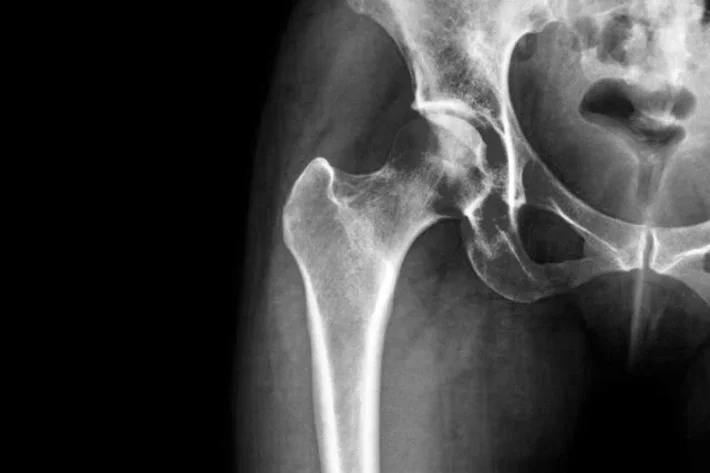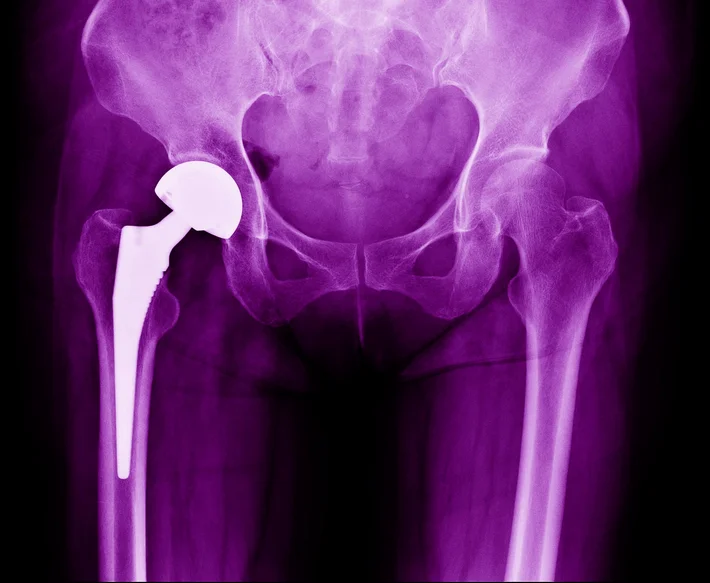
Meet with the best hip pain physical therapists in Escondido, California
Escondido, California, Luna’s physical therapists are experts when it comes to treating hip pain and its underlying causes. Our licensed PTs will work with you to create a personalized stretching and strengthening routine that’s tailored to the type, cause, and severity of your hip pain.
With Luna, patients can not only expect a tailored PT program designed to help them return to the activities and lifestyle they enjoy — our therapists come to you in the most convenient location of all — home. It’s physical therapy, delivered.

What is hip pain?
The body’s largest ball-and-socket joint, the hip joins the leg to the trunk of the body via the rounded head of the femur and the acetabulum of the pelvis. The hip’s cartilage cushion allows for fluid, painless motion, however years of use (or overuse), injury, or disease can cause this cartilage to wear down or become damaged. It’s not uncommon for older patients to experience chronic hip soreness, though it can be challenging to identify the root cause.
The most common causes of hip pain include arthritis, hip fractures, strains, tendonitis, bursitis, and labral tears. In some cases, depending on the underlying cause, hip pain can spread into the thigh, groin, or buttocks. Hip pain treatments will be tailored to the underlying cause or condition. While these can sometimes be addressed with rest, ibuprofen, and ice alone, more serious conditions may require surgery, and/or physical therapy.
Source: WebMD

What causes hip pain?
A number of common injuries can cause hip pain, including a hip dislocation, fracture, labral tear, or sprain. In most cases, rest and ice can help resolve minor injuries. However, physical therapy may be necessary to restore full range of motion to the hip.
Barring an injury, arthritis is the most likely cause of hip pain in older patients. Multiple types of arthritis, including osteoarthritis, rheumatoid arthritis, septic arthritis, and psoriatic arthritis, can cause the degradation of cartilage in the hip along with chronic hip pain.
Conditions such as bursitis, sciatica, osteoporosis, and cancer can also cause hip pain. Patients should always seek medical attention first in order to identify the underlying cause of their hip pain.
The most common causes of hip pain include:
- Arthritis
- Injury
- Sciatica
- Bursitis
- Osteoporosis



















